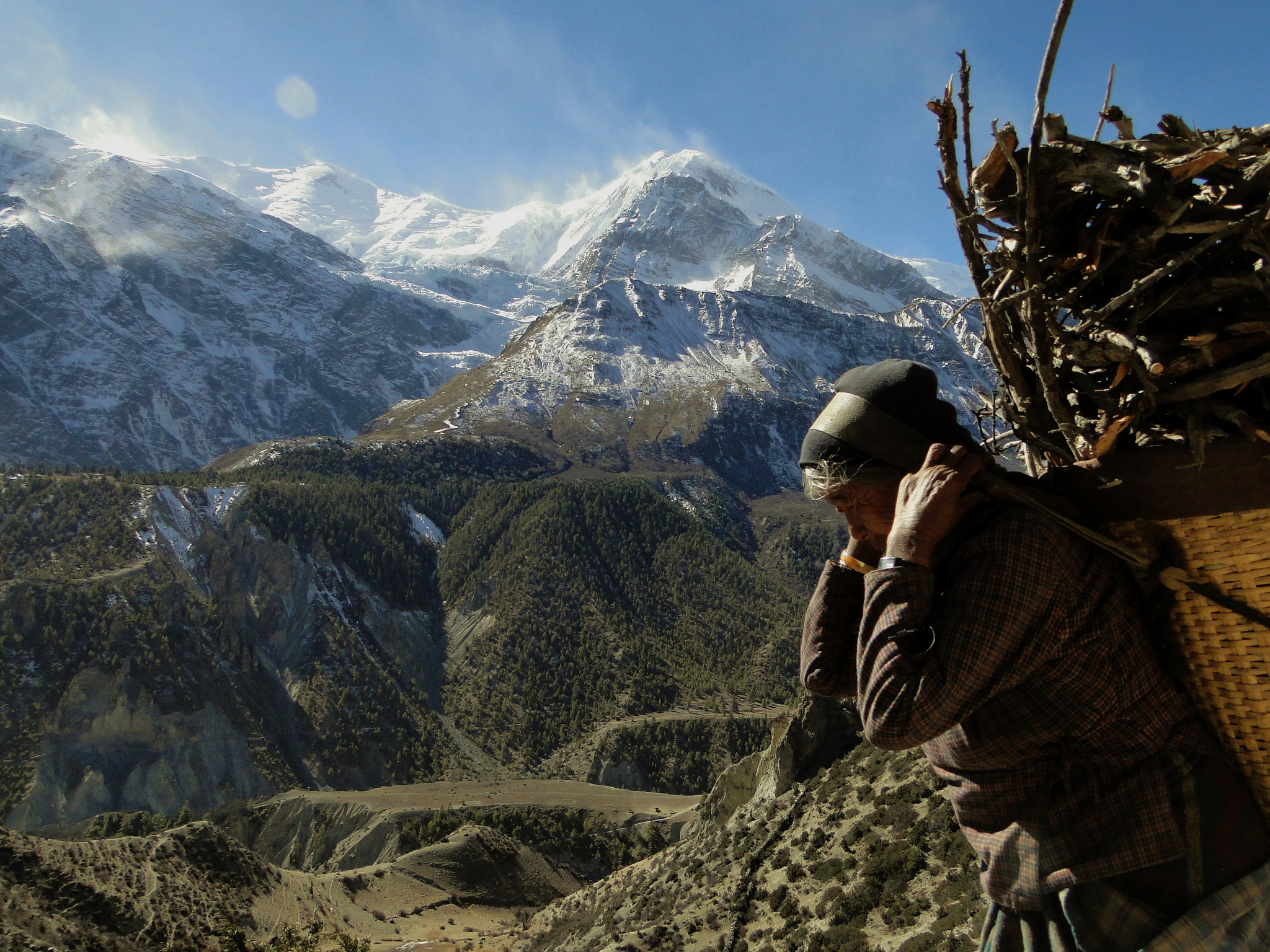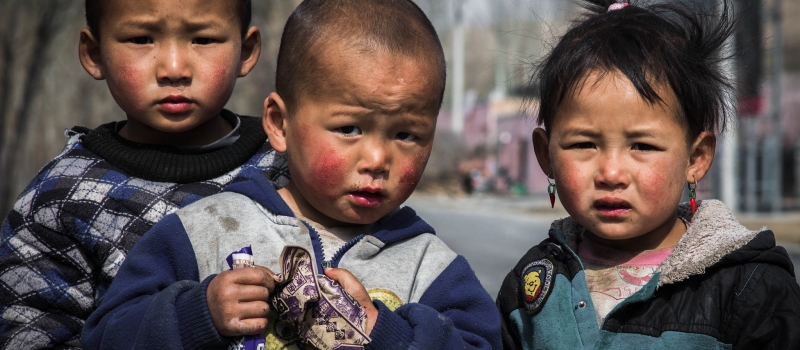
Mountain people are the natural stewards of crucial mountain ecosystems, with thousands of years of traditional knowledge, the key roles that these communities play should not be overlooked or underestimated.
Around the world mountain communities have become more and more marginalized and impoverished as mountain biodiversity and ecosystems have been depleted. This is a great loss for the world.
“Traditional knowledge is vital for sustainability of natural resources including forests, water, and agro-eco systems across landscape continuum spanning from households through farms, village, commons and wilderness.” Download: (‘Traditional Knowledge Systems for Biodiversity Conservation’,Pandey, D. N. 2004).pdf
Mountain regions are absolutely essential in the maintenance of the global water cycle. Therefore it is in the interest of the whole global community to preserve mountain ecosystems and to support and collaborate with mountain communities. Good environmental restoration and management initiatives that strongly involve mountain communities and their traditions are key factors in realizing long-term environmental sustainable development worldwide.
At present mountain communities are often marginalized and considered in a limited regional context. This attitude, if continued will prove to be detrimental to both them and humanity at large.

“We further recognize that mountains are often home to communities, including indigenous peoples and local communities, who have developed sustainable uses of mountain resources. These communities are, however, often marginalized, and we therefore stress that continued effort will be required to address poverty, food security and nutrition, social exclusion and environmental degradation in these areas.” Download: (UN,’The Future We Want’, Rio+20, Para. 211, 2012).pdf
It is important to note that generally it has not been the grass-root mountain communities that have caused the majority of the environmental degradation that has taken place throughout mountain regions worldwide. It has always been in the interest of these communities to protect the natural resources, which supported their livelihoods. However now that the natural resources within these regions have been so desperately depleted, these communities need to be supported to conserve and restore the crucial mountain biodiversity.
At present, the lives of mountain communities are threatened. Massive flooding and erosion problems, as was experienced in Uttakhand, N. India in June 2013 is an example of present threats being experienced by mountain communities
“Where do we find work? It’s a question that echoes across the whole state. Farmers who have lost their entire fields talk about how they have no option but to look for other forms of work in order to sustain themselves.”. Download: (‘The Unheard Voices’,Safeworld, 2013).pdf
Mountain people are among the few groups of people capable of living and working in mountain regions with their extreme climates and environmental conditions. Their success with achieving this will be pivotal to global success regarding freshwater security and changing climates. From this it becomes clear that supporting mountain communities is not simply an act of charity, it is a means by which the whole global community can safeguard their own long-term interests.
These communities need our help and we need theirs. We need their help to secure the global water cycle.
The health of the global water cycle affects everyone and all ecosystems. If it is to be secured and humanity along with mass biodiversity is going to continue and evolve on Earth, we need to work together in a truly supportive and respectful manner.
